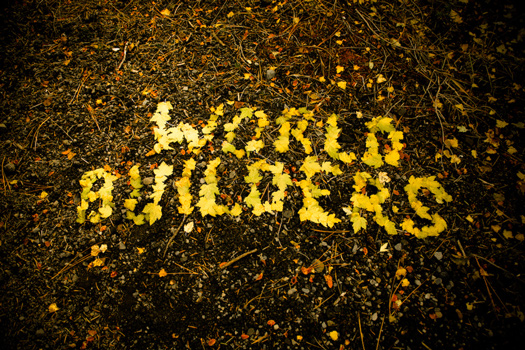The digital world, like the physical world, belongs to all of us, and not only to the companies who currently dominate it.
The digital world is not some magic land that evolves alone. The digital world is composed of the things we build there. Just as architects define the built landscape of a country, digital architects define the built landscape of the web.
Unlike the physical world, the digital world can support a boundless set of worlds within worlds—worlds for every human need. Many human needs are already answered online (though the elegance of the answers can always be improved), but many others are still without good online answers.
Human needs that have to do with authenticity, self-reflection, depth of communication, and real relationship-building are especially poorly answered online (at least currently). Maybe these needs cannot be answered online and require physical contact in all cases, but my sense is that they can, if only we design the right worlds to encourage and support them. Some such worlds probably exist already (indeed, the web is so vast that one can find examples of just about anything), but even if they do exist, they have not become widespread, and the predominate thrust of today's web is not around satisfying these needs.
Today's web feels more like one giant cocktail party, full of chatter, gossip, and he said, she said.
It is often called the social web, but “garrulous web” might be more appropriate. Yes, there is more social communication now than at any other time in the history of the world, but much of that communication is chatter. There is nothing wrong with chatter (and beauty often hides in chatter), but there needs to be a place for deeper, longer-lasting communication too.
You could argue that people will do what people will do, and that trying to change people's behavior is arrogant and foolish. There is truth to that, but people's behavior is largely influenced by the context in which they live. People who live near a ski slope are more likely to ski, as people who live in a city are more likely to hang out at bars. When we design spaces (real or virtual), we need to take responsibility for the types of behavior those spaces are likely to encourage.
We cherish our capitols, cathedrals, museums, monuments, and parks, but who will build structures of this stature in the digital world?
Ancient and beloved fields like journalism, publishing, and music are drowning in this tsunami of change. Students of journalism are wondering whether they should study computer science to stay afloat. But they should have patience. It is the job of journalists to do great journalism, and not to build platforms to disseminate that journalism. They should be able to trust those who build platforms to build them great platforms. But this has not happened yet—the digital world needs great builders.
Speaking especially to young students of computer science, art, architecture, and design—I would encourage you, as you imagine what you want to become, to consider becoming digital world builders.
Help construct our future digital world. Build honestly, naturally, authentically, beautifully, not motivated by page views or ad revenue but by what the digital world should be, in its purest, noblest sense. Articulate digital spaces that nurture the soul and the spirit.
Don’t leave it to today’s companies to solve these problems, as they will only perpetuate the same habits they have already adopted. There needs to be a new vision for the future of the web, one that is sensitive both to the human individual and the human collective, just like real life.
Toward the end of his life, the architect Frank Lloyd Wright often said that with 20 more years he could rebuild America, and give it an architecture that was organic, natural, and truly its own. Others called him arrogant for making these claims, but he would respond that a great nation should expect its great architects to build it great buildings.
The same is true for the digital world. The rest of the human race—the struggling journalists, the embattled authors of books, the makers of music, the normal folks who have been robbed of their individuality by today’s web—should expect its digital world builders to build them beautiful, honest, nourishing worlds.
